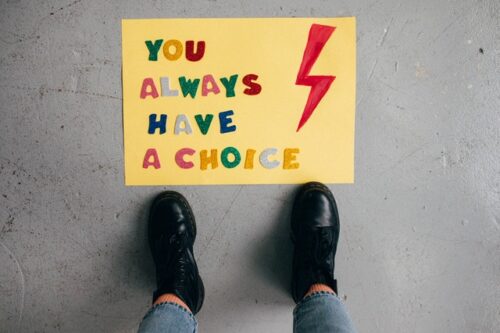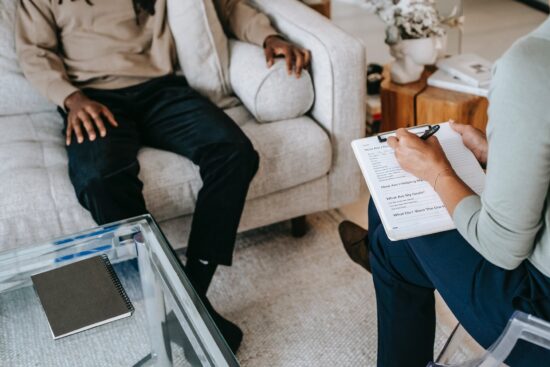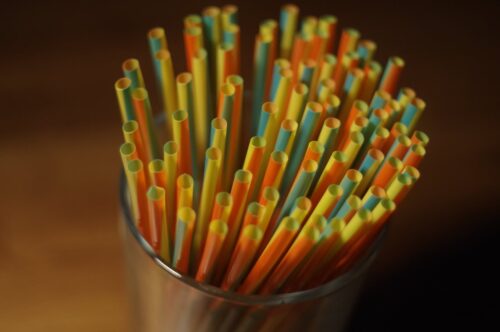TW: This article discusses sexual violence, domestic abuse and abuse towards women and femmes, in particular disabled women and femmes. It also mentions police misconduct as well as the murders of Sarah Everard and Sabina Nessa. Please practice self-care.
Disabled and Sexual is a monthly(-ish) column by Hannah Shewan Stevens which will explore all the challenges, comedy, and fun that disabled people experience as sexual beings, even while we are desexualised by a predominantly non-disabled society.
This month, the Metropolitan police’s misguided advice on women’s safety, reminded every woman and femme of the inescapable knowledge we live with daily: none of us are safe.
The Met advised anyone concerned about being approached by a lone male police officer to ring 999, “shout out to a passerby, run into a house or wave a bus down” for help. It also suggested quizzing the officer on their reasons for the stop.
In the wake of the trial of Sarah Everard’s killer and the murder of Sabina Nessa, the police’s PR face has been an undeniable mess but for disabled folks, the latest advice felt particularly ignorant and exclusionary.
A blind person cannot easily flag down a bus for help, a wheelchair user may not be able to run for their life and a non-verbal person is incapable of quizzing a police officer.










